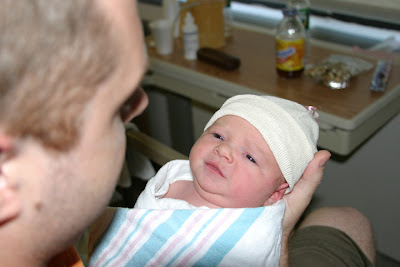Walking in the classroom...

View from the door...

Leveled books and book bins - I'm going to hang our Poems and Songs above them with fishing line

Corner nooks, blue baskets are genre, yellow are favorite authors, green are favorite characters and series


Student tables, NO DESKS! No desk means community supplies, and NO CLUTTER!

Overhead shot of the carpet...where the magic happens!

Now all I have to do is wait...









